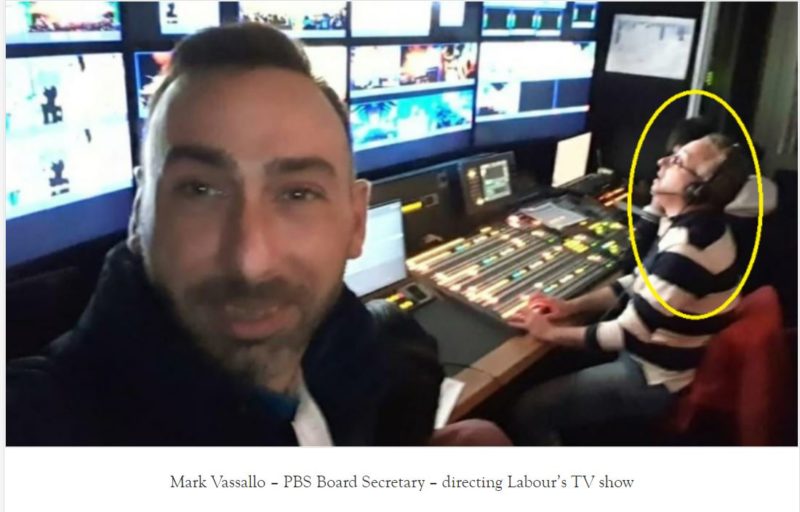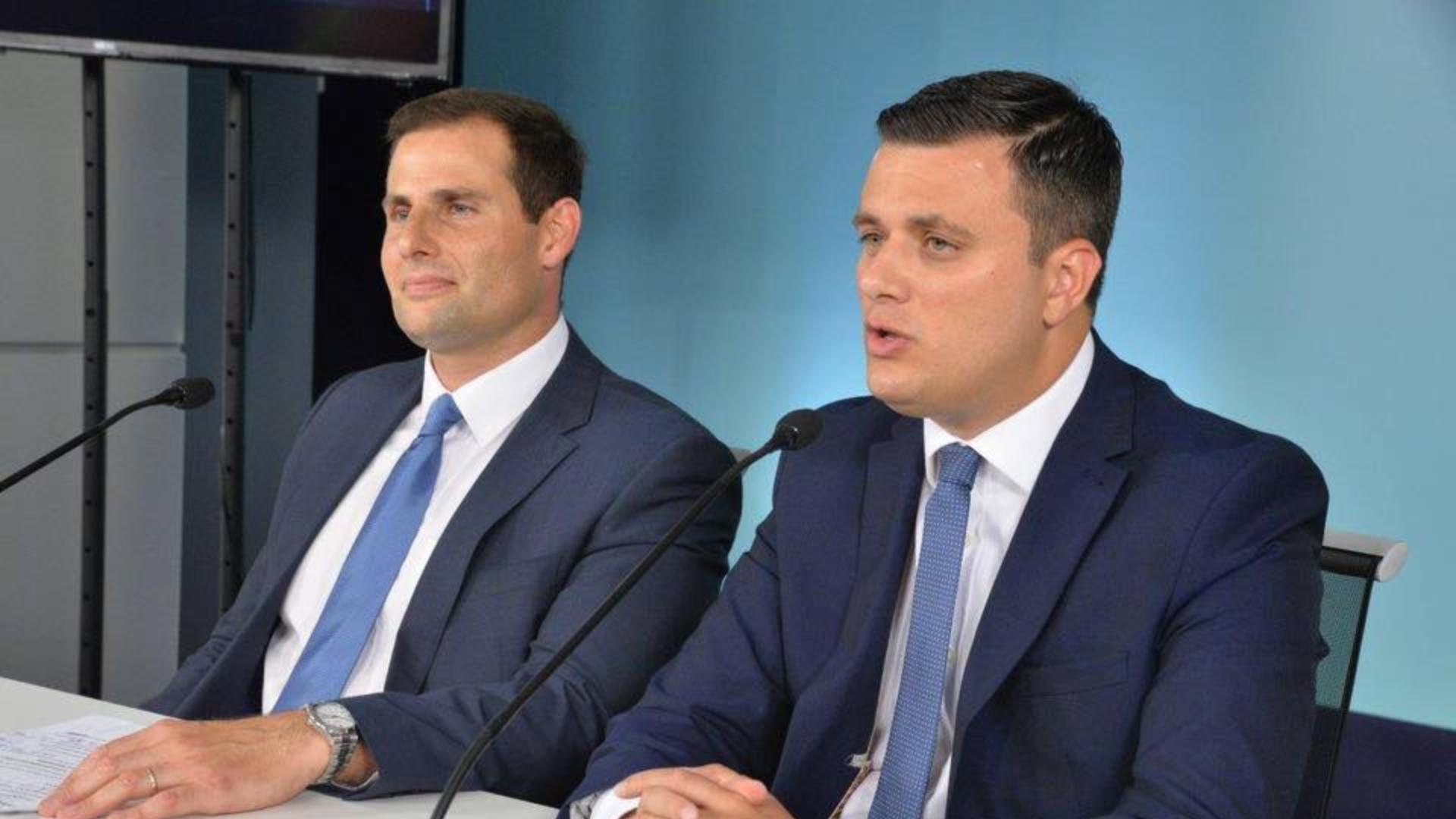PBS has defied orders given by the Data Protection Commissioner to publish details, including names and payments, of the editorial board, as well as the contract of Executive Chairman Mark Sammut.
As a state-owned company, PBS, the government company that manages the public broadcaster including TVM and Radio Malta, is obliged to be transparent and accountable to the public. Yet the government has so far failed to publish the names of the three-member Editorial Board at PBS, with Minister Owen Bonnici giving no information.
PBS has denied a Freedom of Information request by The Shift seeking the names of the members of the editorial board and the remuneration they are being paid by taxpayers for their work. The Data Protection Commissioner then investigated PBS’ refusal to give information in the public interest and ruled that it broke the law, ordering the company to make this information public.
The same decision was taken against PBS for its refusal to publish the contract awarded to Mark Sammut, a political appointee. PBS was also ordered to give The Shift this information.
Yet the public broadcaster is digging in its heels and refusing to adhere to its legal obligations. In addition, it’s now challenging the Commissioner’s decision through an appeal.
In a separate request by The Shift, PBS also refused to give information on the contract and remuneration being given to Mark Vassallo, a lawyer who was politically appointed as board secretary of the public broadcaster. PBS was also asked to provide a copy of the code of ethics by which he is bound.
Before the last general elections, Vassallo was seen directing the live broadcast of the Labour Party’s electoral mass rallies, shown live on Labour’s ONE TV. His role as the public broadcaster gives him access to very sensitive information. And PBS employees are not permitted to work for rival media stations or risk losing their jobs.
So far, no action has been taken against Vassallo despite his public appearances during the live transmissions on Labour’s ONE TV.

In its arguments to deny the information sought by The Shift, PBS claimed that the information requested was commercially sensitive and since the members of the Editorial Board “perform very important work” for the public broadcaster, their remuneration is “not in the public interest” as it might distract them from their work.
Rubbishing PBS’ arguments, the Data Protection Commissioner said the admission of their “very important work” justified the need for more public scrutiny, transparency and accountability by the public broadcaster.
Up to the last general elections, the editorial board was chaired by Joe Sammut – a former Labour-leaning Air Malta official – and included Charles Flores, a seasoned Labour journalist, and lawyer Martin Fenech, an unsuccessful former PN election candidate. The latter has had no connection with journalism or broadcasting in his career and has been given a number of appointments by Labour.
PBS has been frequently accused of becoming the government’s official mouthpiece, confirmed by several international assessments that see the public broadcaster censoring news and acting as a notice board for government activities. This week, questions were also raised in parliament about whether PBS has been submitting the annual reports on how it is using taxpayer money, as it is obliged to do.
Taxpayers spend millions of euros every year to keep the public broadcaster financially viable.














Commercially sensitive when PBS is funded by public money?
The government treats public funds as if it is owned by them and never considering that these funds should be open to scrutiny. Amazing and irresponsible attitude
👍👍👍👍
every country has the government it deserves. mafia government.
The Maltese are so much more than the P_olitical L_ooters!
Malta deserve better!
Owen Bonneci and Justices will never be friends: It seems to me that his mind is very limited.
The Labour party would make excellent candidates to assume the roles of Kirosawa’s bandits in his ‘Seven Samurai’.
Is this even news in today’s Malta?
Tghid wasalna ghal xi BOJKOTT iehor bal taz zmien il bidu ta 80s?